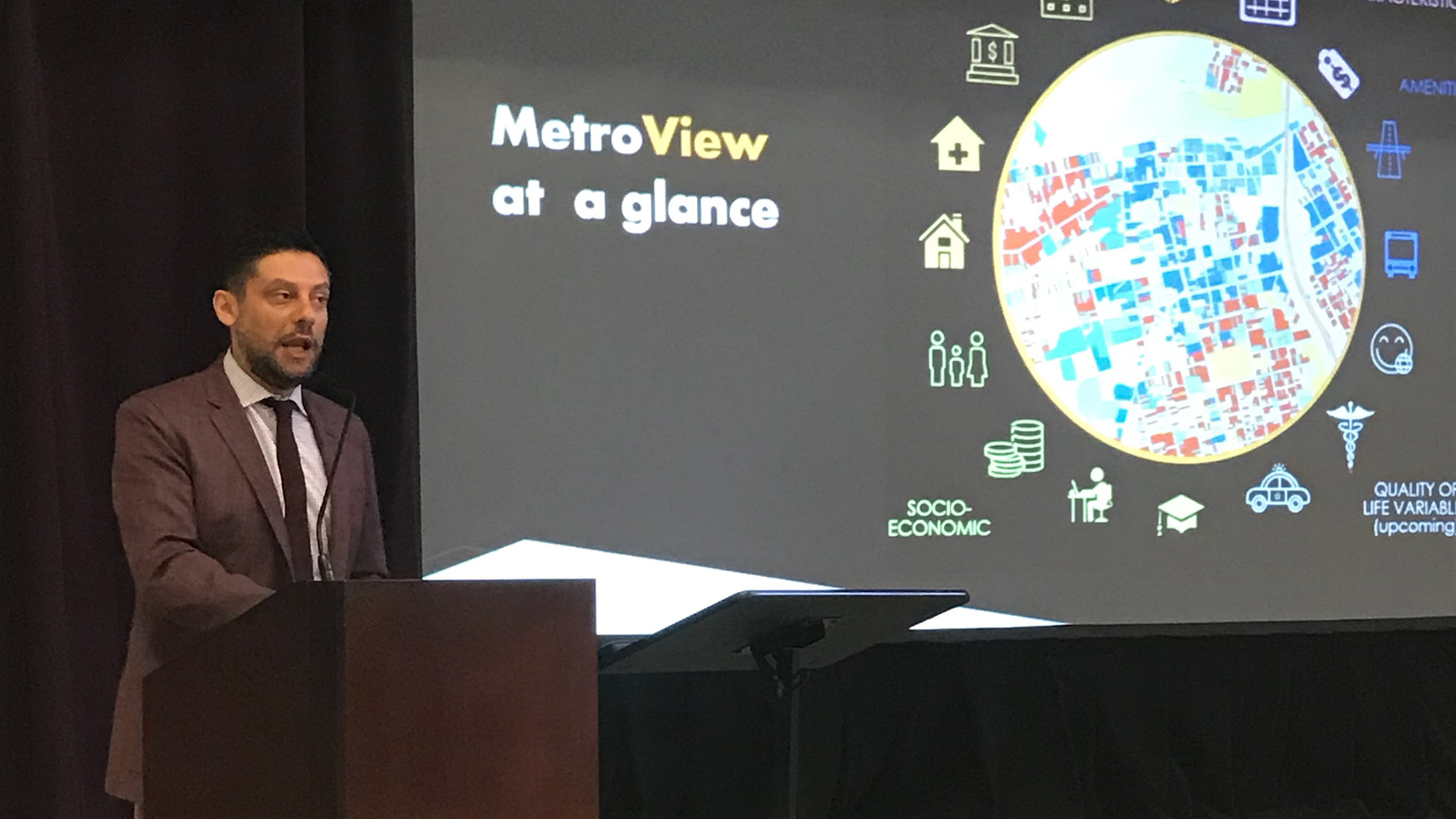News
CURA and SERL Assist with “Project Safe Neighborhood”

June 19, 2018
By Brittany Keegan
Two units of the Wilder School’s Center for Public Policy—the Center for Urban and Regional Analysis and the Survey and Evaluation Research Laboratory—are supporting the Office of the Virginia Attorney General’s “Project Safe Neighborhood,” an effort to help reduce gun and gang violence among local youth.
“Project Safe Neighborhoods is just one example of how units within the Center for Public Policy are collaborating to inform policymaking decisions in the commonwealth,” said Robyn McDougle, Ph.D., director of the CPP. “Through this and other projects, we are highlighting the important research taking place at the CPP and at the Wilder School as we share our expertise with the community.”
As part of this effort, CURA has provided technical assistance in conducting a data-driven analysis of the city of Richmond and selected focus areas in East End neighborhoods to guide the Richmond Police Department with its program strategy and contribute to addressing existing problems.
.jpg) CURA conducted a geospatial analysis of socio-economic identifiers of crime for Richmond and East End focus areas using the data available for 2016. The analysis helped identify common characteristics that correlated with violent crime hotspots. CURA will next analyze 10 years of historical data to assist in identifying the socioeconomic identifiers of crime, assess physical characteristics of the selected neighborhoods identified as having high crime rates, and develop cluster models to identify crime hotspots.
CURA conducted a geospatial analysis of socio-economic identifiers of crime for Richmond and East End focus areas using the data available for 2016. The analysis helped identify common characteristics that correlated with violent crime hotspots. CURA will next analyze 10 years of historical data to assist in identifying the socioeconomic identifiers of crime, assess physical characteristics of the selected neighborhoods identified as having high crime rates, and develop cluster models to identify crime hotspots.
CURA will also assist the Attorney General’s office in identifying drivers of crime and map its network across the region, and develop a GIS-based interactive mapping interface to help the Richmond Police Department track crime and associated community characteristics throughout the city.
The Survey and Evaluation Research Laboratory’s work on this project involved transcribing, analyzing, and reporting on data collected from 19 focus groups conducted by the Richmond Commonwealth’s Attorney office that captured insights into the root causes of crime.
All focus group participants were Richmond residents, with most recruited from areas within the city that are significantly affected by crime, or individuals who have been personally touched by crime. The Survey and Evaluation Research Laboratory identified and summarized recurring themes that emerged across all the focus groups, as well as unique insights from individual groups.
On May 31, the Survey and Evaluation Research Laboratory research team of Jenn Reid, Jason Burkett, Meron Yohannes and Erin Mullarney, along with Fabrizio Fasulo and Sarin Adhikari of CURA, presented their work at the Communities and Public Safety Stakeholders’ Roundtable: An Analysis of Root Causes of Crime in the City of Richmond.